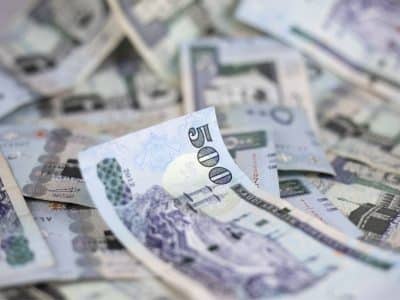The GCC should push ahead with the introduction of a consumption tax in order to reduce the volatility of government revenues, the chief economist from the Dubai International Financial Centre Authority told Arabian Business on the sidelines of a press conference on Tuesday. Dr Nasser Saidi said “there has already been discussions at the level of the GCC with the IMF for the introduction of a GCC wide value-added-tax (VAT).”
“I think that is a very valid proposal and it is timely to start discussing this,” he added.
He said the volatility of gas and oil prices, which make up over 90 percent of government revenues in the GCC, has exposed GCC governments’ expenditure and investment plans to increased vulnerability.
The decline in revenue in customs duties, as a result of the signing of various trade agreements, is also another motivating factor, he said.
“The alternative has to be a broad based source of taxation. The best is a tax on consumption, which is a value-added-tax,” he added.
Discussion to introduce VAT in the GCC has already seen the six member states set a deadline of 2012 for its introduction. However, on Monday Ehtisham Ahmad, advisor to the Office of the UAE Prime Minister, told reporters in Dubai that it would be a struggle to achieve the deadline on time.
In 2008, the UAE had planned to introduce VAT of up to five percent but the deadline was subsequently pushed back.
While Saidi has advocated the introduction of VAT, he said he does not think there is a need for the introduction of personal or corporate taxation.
“I don’t think that personal taxation or corporate taxation is a valid source of revenue, whereas consumption taxation, VAT, would be favouring international trade as it would reduce customs duties.”
He added that he did not see inflation rising or prices increasing as the VAT would simply replace the customs duty and therefore consumers should not see any price increase on goods.







